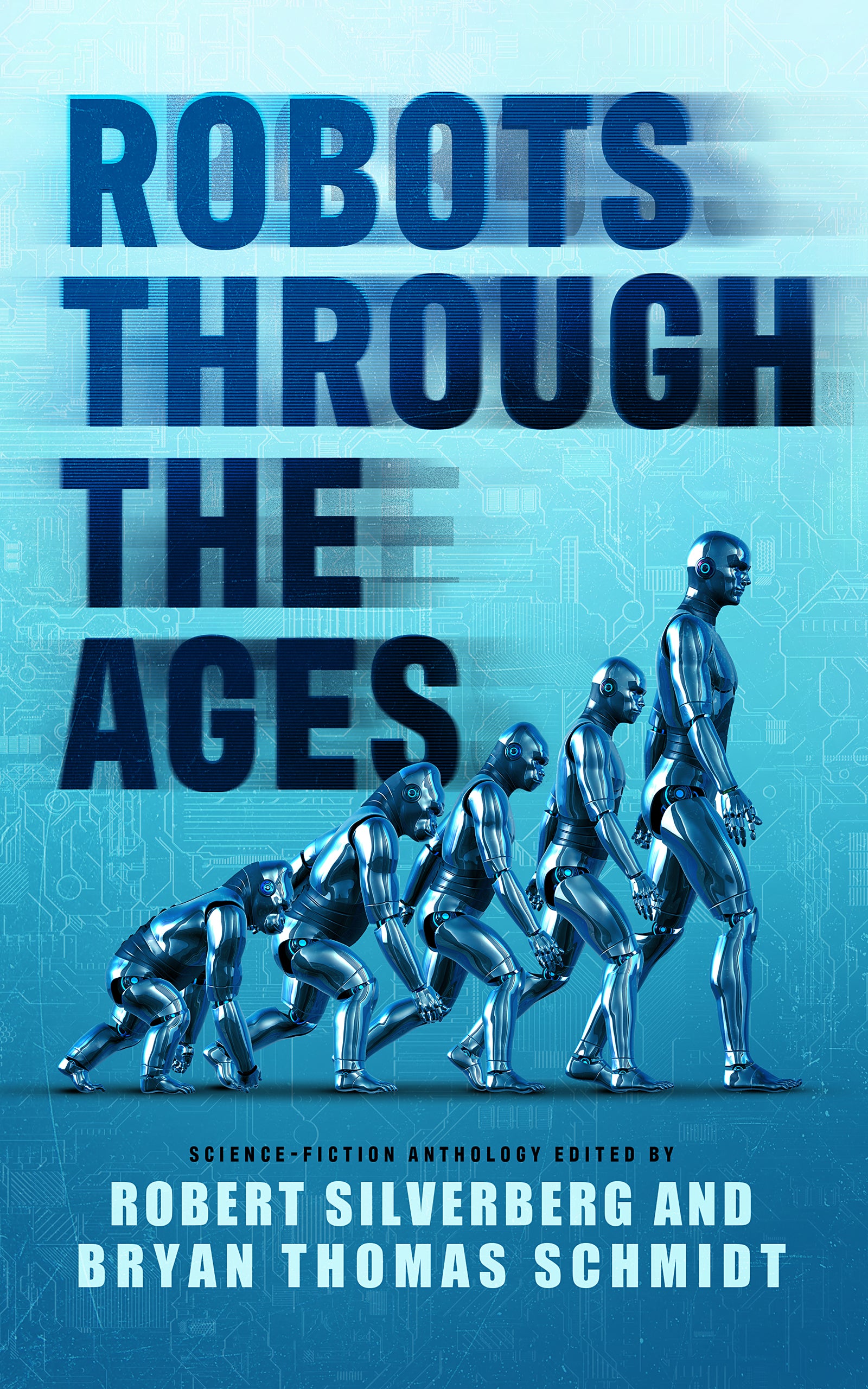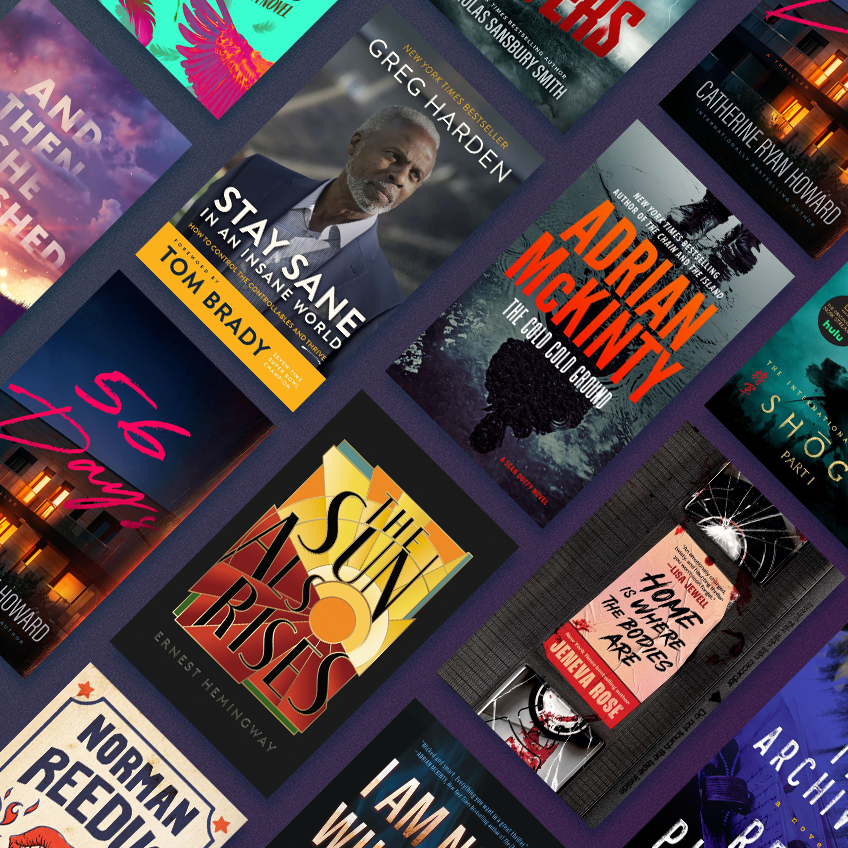

Robots through the Ages
A Tor.com Pick of the Month's Science Fiction Books
A Cullman Times Pick of Best Books of the Season
A St. Clair News Pick for Fall
A remarkable collection, Robots through the Ages includes stories from some of the best writers of science fiction, both old and new.
This anthology, with an introduction by Robert Silverberg, offers a sweeping survey of robots as depicted throughout literature. Since the Iliad-in which we are shown golden statues built by Hephaestus "with minds and wisdoms"-humans have been fascinated by the idea of artificial life. From the Argonautica to the medieval Jewish legend of the Golem and Ambrose Bierce's tale of a chess-playing robot, the idea of what robots are-and who creates them-can be drastically different.
This book collects a broad selection of short stories from celebrated authors such as Philip K. Dick, Seanan McGuire, Roger Zelazny, Connie Willis, and many more. Robots through the Ages not only celebrates the history of robots and the genre of science fiction, but the dauntless nature of human ingenuity.
Praise

